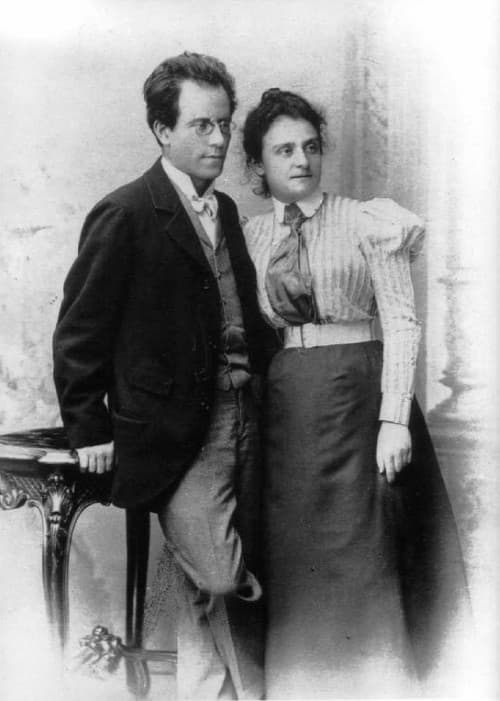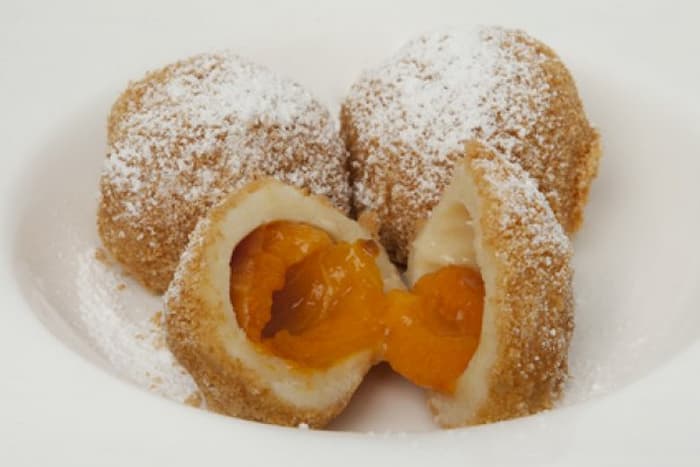Stepping into the footsteps of his idol Richard Wagner, Gustav Mahler wrote to a friend in 1880.“For the last month, I have been a total vegetarian. The moral effect of this way of life, with its voluntary castigation of the body, is enormous. I expect nothing less than the regeneration of mankind. I advise you to eat suitable food (compost-grown, stone-ground, whole-meal bread) and you will soon see the fruit of your endeavors.”

Gustav Mahler and his favourtie sister Justine
Mahler took his vegetarianism very seriously, as was witnessed by the citizens of the city of Olmütz where he took up a conducting appointment in 1883. “At the inn where the singers met in the evening,” so a local report, “Mahler invited ridicule by drinking water instead of wine or beer. Refusing meat, he asked for spinach and apples, and loudly declared his allegiance to Richard Wagner’s vegetarian principles, throwing in a plea for woolen underwear for good measure.”
Gustav Mahler: Symphony No. 4, IV: “Sehr behaglich”
Eventually, Mahler gave up his vegetarian diet, but turning into a certifiable hypochondriac, he carefully watched what he ate for the rest of his life. However, he had a love for sweets and pastries, and his sister Justine apparently made some killer “Marillenknödel” (Apricot Dumplings). When his friend, the music critic and writer Ludwig Karpath, who had also published a well-read cookbook, professed not to be a fan of these traditional Viennese dumplings, an exasperated Mahler exclaimed: “What! Is there a Viennese to whom Marillenknödel means nothing? You will come with me right away to eat the heavenly dish. My sister Justi has her own recipe for it, and we will see if you remain indifferent.”

The “Marillenknödel” (Apricot Dumplings)
The story goes that Karpath became an immediate fan of this delectable Viennese specialty, but I am not sure the recipe made it into his cookbook. We know for sure, however, that food made it into Mahler’s music. The concluding movement from his 4th Symphony gives a child-like vision of the heavenly feast. St. Luke is slaughtering the ox, St. Peter is bringing the fish and St. Martha cooks up the entire spread. Plenty of meat in this one, don’t you think?
For more of the best in classical music, sign up for our E-Newsletter
